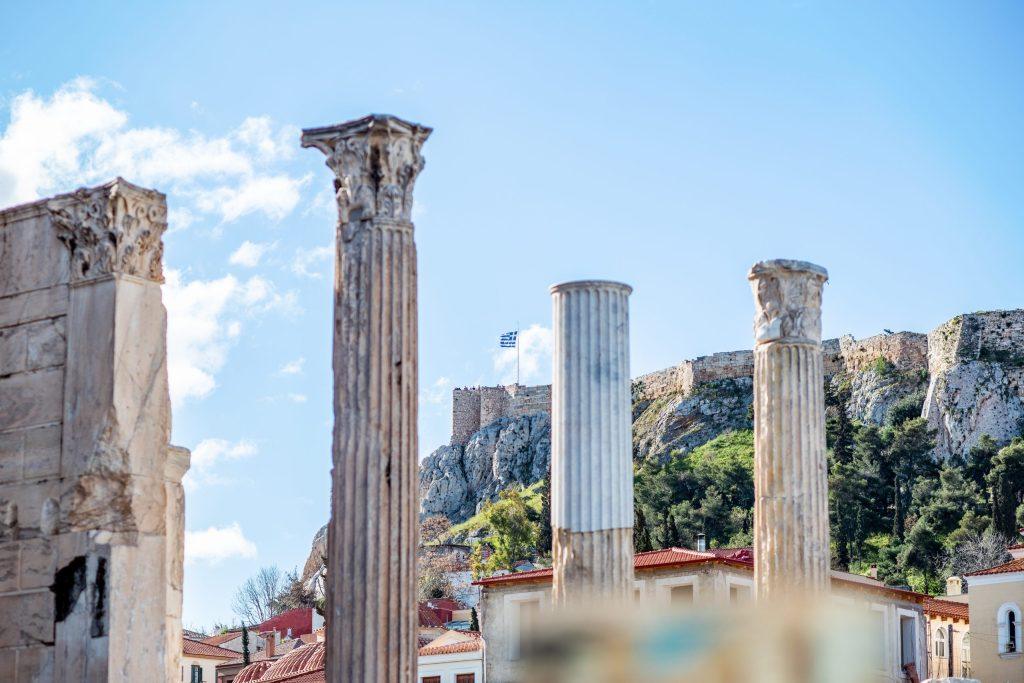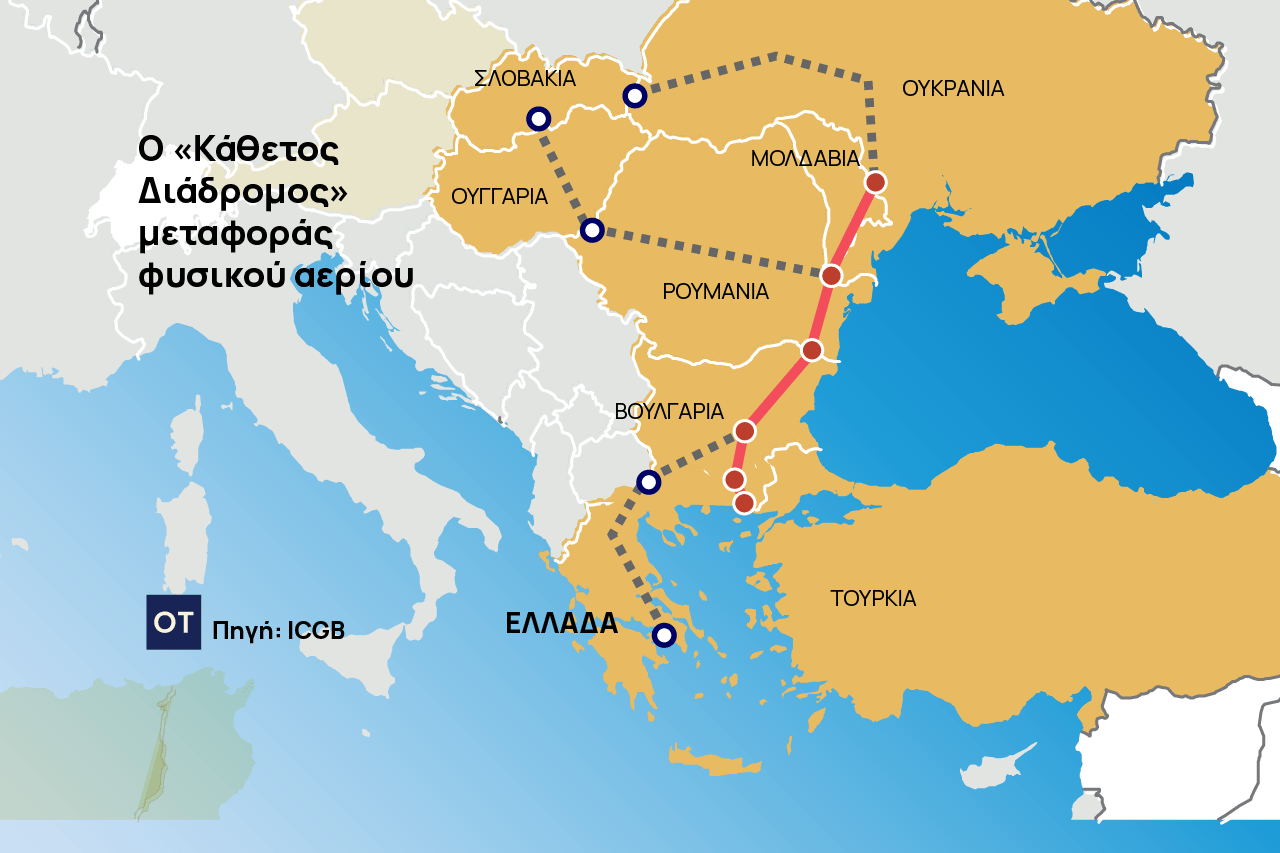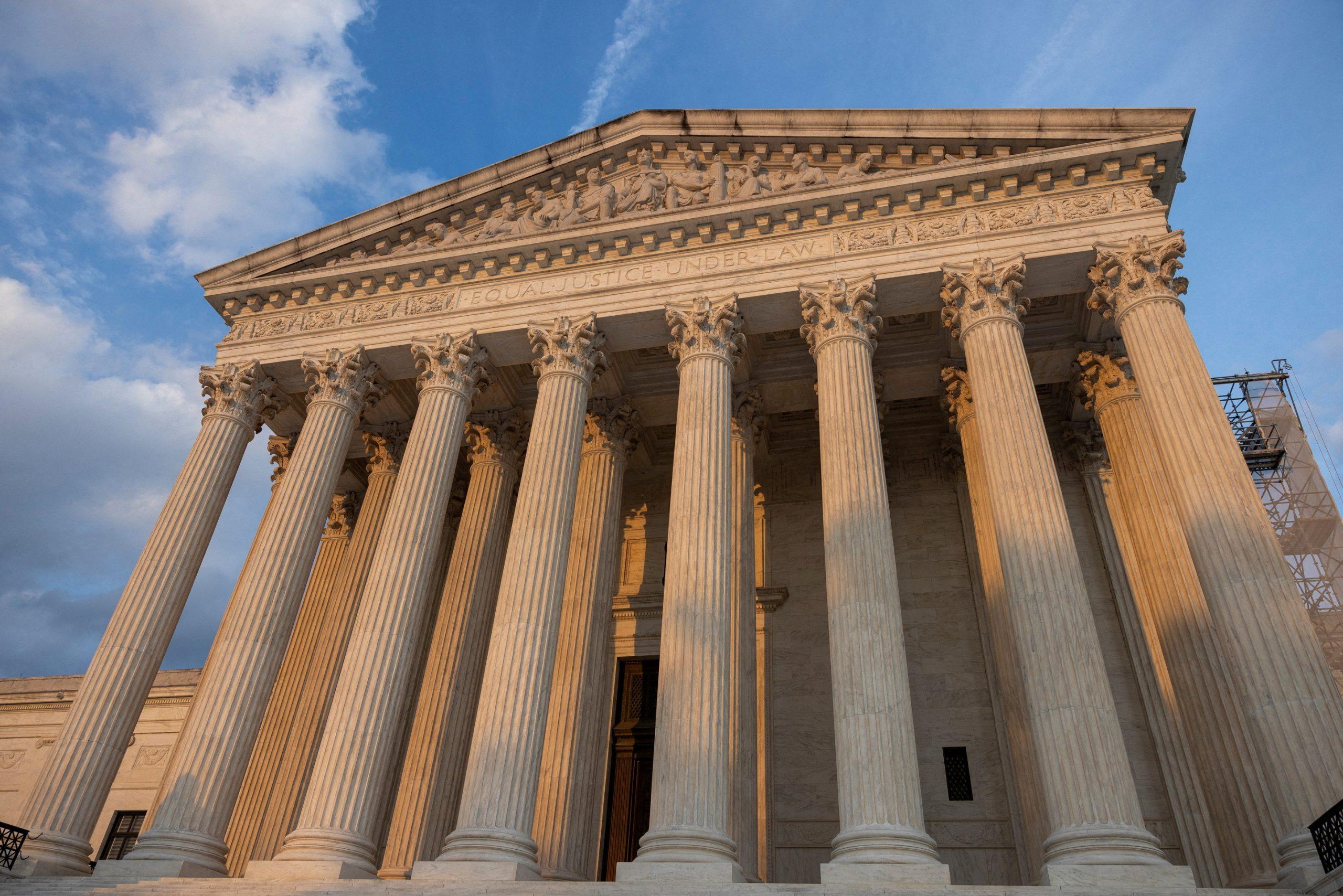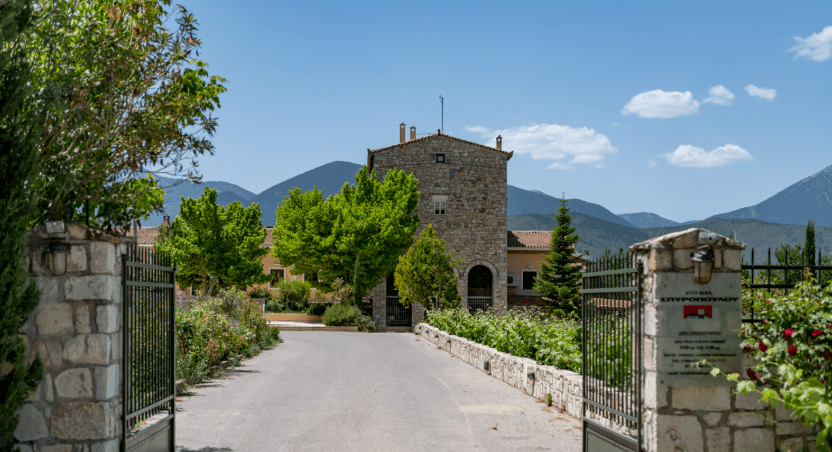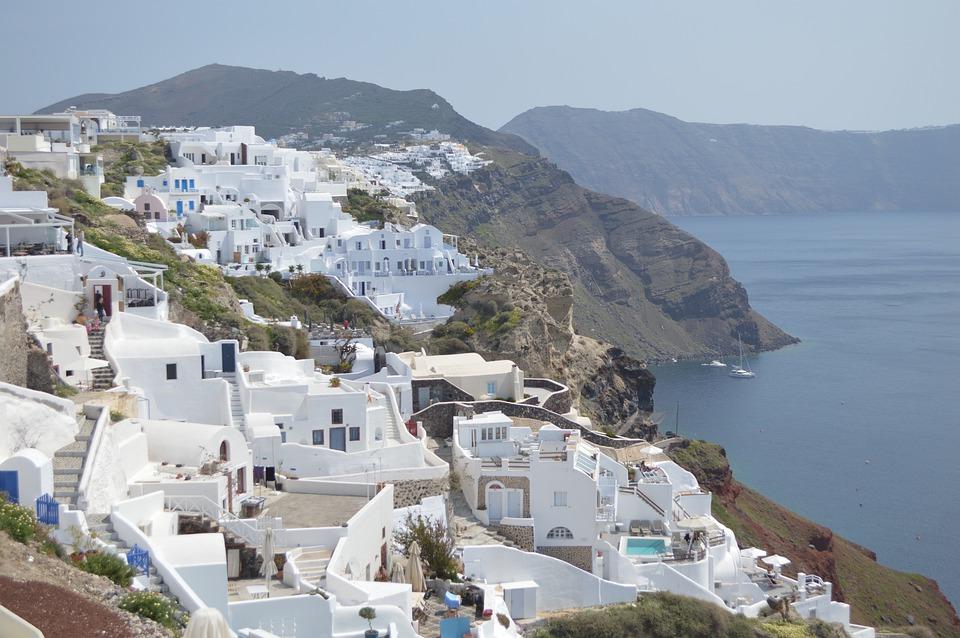The Council of State issued a series of cryptic rulings regarding appeals for buildings in Plaka that have been transformed into tourist “hives” through short-term rentals like Airbnb. Residents have long complained that the historic neighborhood has lost its character—and its tranquility—due to constant tourist pressure. However, the top judges ruled that short-term rentals do not automatically constitute “tourist accommodations,” since this is not explicitly defined in urban planning or tourism legislation.
Thus, they passed the “ball” to the Urban Planning Departments, which must—following a complaint—carry out inspections to determine the property’s use. At the same time, they requested the opinion of the Ministry of Tourism, postponing a final decision for six months. Until then, tourists will continue to “check in” to Plaka via short-term rental platforms, while permanent residents effectively “check out.”
Experts speaking to To Vima note that regulating short-term rentals requires not only legal interpretation but also a political solution, with a clear framework for sustainable urban development, balancing tourism growth with neighborhood life. In any case, the Council of State’s decision left more mystery than it resolved, examining 10 of the 16 appeals filed by the Hellenic Society for the Environment and Cultural Heritage (ELLET) regarding the conversion of buildings in Plaka into Airbnb rentals, on the grounds that they violate the housing protection framework.
The Court asked the Ministry of Tourism to clarify its position, noting that short-term rental is a “novel activity” with characteristics of both housing rental and tourist accommodation. “If it constitutes a new use, it cannot be established in Plaka because it is not provided for in the Presidential Decree on land use,” explains architect and emeritus professor at NTUA, Eleni Maistrou. Her remarks are supported by Professor Dimitris Melissas of NTUA, who represented ELLET in court. “In practice, there is a change in Plaka. If it fills with short-term rentals, the 1993 Decree is violated. For a decade, Greece has experienced urban planning inaction, as short-term rentals have not been regulated in urban planning terms, only fiscally and economically,” he points out.
According to the Council of State, neither urban planning nor tourism legislation defines homes rented short-term through digital platforms as tourist accommodations. However, Maistrou refers to a recent bill passed by Parliament through the Ministry of Tourism, which, from October 1, introduced significant changes to short-term rental management. Among other things, it provides for “compliance checks by the Ministry of Tourism and mixed teams from AADE (tax authority).” Furthermore, Melissas emphasizes that all legislative initiatives for Airbnb start with the Ministry of Tourism, since “these properties primarily serve tourists, not residents.”
Urban Planning Departments’ Involvement
The Council of State requested that the Urban Planning Departments, when complaints arise, inspect each property and proceed to sealing if it operates as a tourist accommodation. “The Council of State recalls a Joint Ministerial Decision from 1989 for Plaka that grants expanded authority to Urban Planning Departments over land use control. Departments have forgotten that oversight does not only concern construction but also changes in property use. However, to conduct inspections, the definition of each use must be clear—for example, when a property is considered a residence and when it is an Airbnb,” notes the Deputy Mayor for Urban Revitalization and Resilience of Athens, Maro Evangelidou. She adds, “Legislation for short-term rentals is constantly relaxed, increasing confusion. If we do not legislate clearly, control cannot improve. How can Urban Planning check if breakfast is served or how many days an Airbnb is booked per year? That must be checked by the licensing authority.”
In the same vein, Dimitris Petropoulos, President of the Panhellenic Federation of Public Sector Engineers’ Associations, states: “Poor legislation creates problems that under-resourced Building Services are forced to manage.”
Over the past decade, regulating short-term rentals has become a key tool for addressing over tourism in European cities. As Deputy Professor of the Tourism Management Department at the University of West Attica, Efthymia Sarantakou, explains, uncontrolled expansion has increased rents, caused resident displacement, and disrupted social cohesion. Policies moved from fragmented interventions to a combination of soft measures, economic disincentives, and strict regulatory tools, including rental limits, zoning caps, and suspension of new tourist beds. “Short-term rentals are no longer merely a technical issue; they are a matter of urban policy and social justice. European cities have acted with strict regulations because housing has become the most critical social issue of the post-pandemic decade,” emphasizes Sarantakou.
A Tool of Real Estate
The problem arises, she adds, when short-term rentals stop being a complementary activity for private individuals and become a tool for international real estate, without local or social constraints. This creates unfair competition with tourist accommodations and disrupts local housing markets, with Plaka serving as a prime example.
Since the 1970s, urban regeneration programs have aimed to preserve architectural heritage and restore residential use. However, Sarantakou notes, the recent Council of State decision highlights the Greek state’s confusion in facing the tourism-housing hybrid.
“Managing short-term rentals is not a technical issue; it is political. It requires decentralization of powers and resources to municipalities. They should manage tourist tax revenues themselves, funding actions to relieve tourism-saturated areas. Legal recognition is also needed that short-term rentals, beyond a certain number of days, constitute tourist use and must follow zoning rules. The discussion is not whether short-term rentals should exist, but how they can exist without destroying the social fabric of cities,” she stresses.
For his part, Honorary Director of Urban Planning at the Ministry of Environment and Energy, Theodosis Psychogios, emphasizes that ongoing urban planning for 80% of Greek territory can set limits on short-term rentals with scientific justification, concluding that restrictions can be imposed in areas “affected by overtourism (Athens city center, islands, etc.).”
Source: tovima.com
